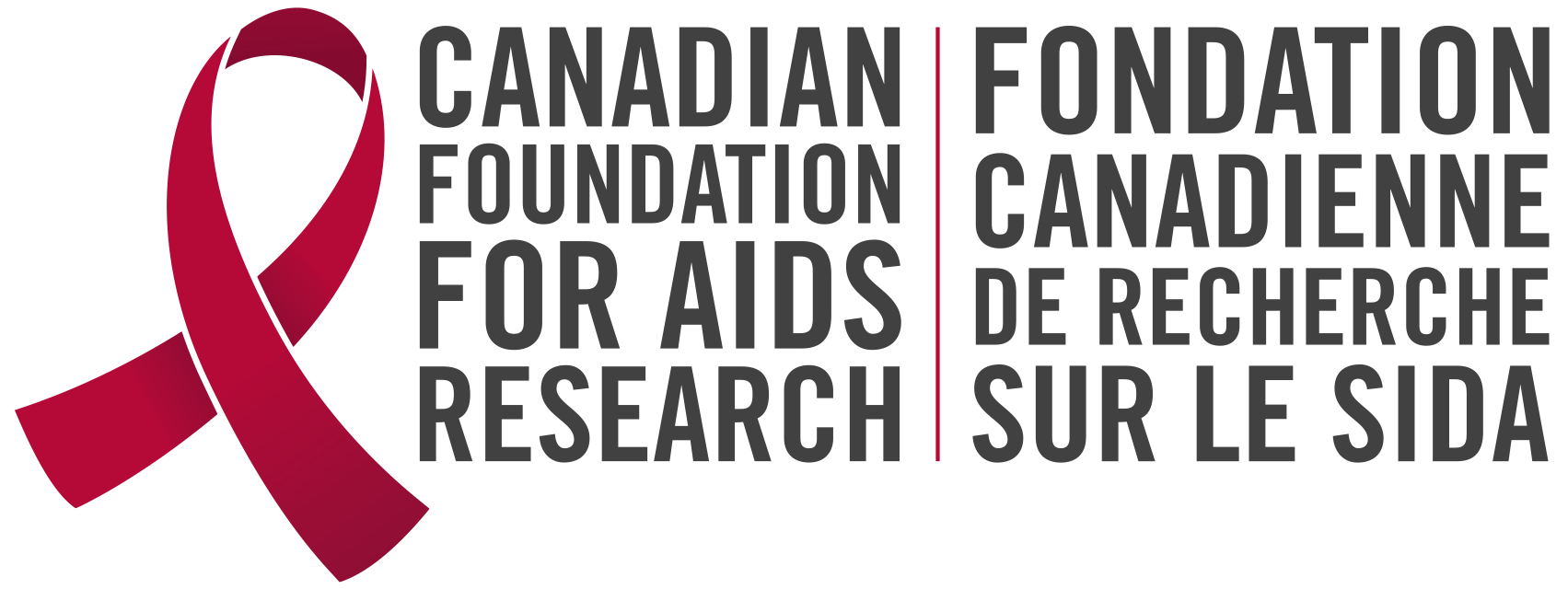Research spotlight: Helping Middle Eastern and North African Youth in Canada
The Middle East and North Africa (MENA) region has seen a 61 per cent increase in new HIV infections from 2010 to 2022, the highest regional rate of increase in the world. With the influx of refugees and new immigrants from the region to Canada, these statistics have significant implications for the country. The MENA diaspora, especially youth, face unique challenges while navigating HIV and sexual health access when they settle in Canada.

While research is available that informs us and interprets these unique challenges, not enough conversations are had about what can be done to change the narrative. The lack of research on healthcare access for MENA youth in Canada – especially around HIV and sexual health services – presents a major gap in knowledge and a fundamental barrier to ending the HIV epidemic among all communities.
Luckily, Dr. Roula Kteily-Hawa’s research is helping to closing that gap. Dr. Hawa, one of CANFAR’s Innovation Research Grant Recipients (Cycle 30), along with her team have gathered national insights that will assist in the development of meaningful HIV prevention programs for MENA youth.

As learned from an interview with Dr. Hawa, over the course of two years, she and the YSMENA Study research team developed and administered a survey to over 200 young adults from MENA communities living in Canada. Her research effectively investigated the sexual health experiences, perceptions of stigma and discrimination, and state of mental health and well-being; as well as looked at barriers to accessing sexual health services, and HIV risk assessments among MENA youth.
The project aimed to, on a national level, engage MENA youth so that innovative HIV prevention strategies could address the different vulnerabilities this population faces while attempting to access sexual health and HIV services.

Dr. Hawa’s team identified key missing HIV prevention programs and provided recommendations on how to improve our current HIV prevention models to meet the communities’ needs. Among other key findings, the project identified:
- A lack of gender-focused and culturally relevant programming
- A need for enhanced PrEP accessibility for youth
- A need for culturally-driven awareness campaigns and training to make medical services and information more accessible.
With these insights, Dr. Hawa’s work paves the way to make an even bigger impact in our mission to end HIV in Canada. As stated by Dr. Hawa, this work promises “improved public health strategies and healthcare services, which enhance inclusivity and equity in healthcare.”
The project aimed to, on a national level, engage MENA youth so that innovative HIV prevention strategies could address the different vulnerabilities this population faces while attempting to access sexual health and HIV services.

With their findings, the research team can now shift focus to shaping future culturally-inclusive intervention programs, and foster collaborations to bridge knowledge gaps in the care cascade and reduce health disparities for MENA youth in Canada.
Dr. Roula Hawa is Associate Professor and Undergraduate Program Chair of Family Studies and Human Development, Faculty of Health Sciences at Western University in London, Ontario. Principal Knowledge Users include: Fanta Ongoiba (Africans in Partnership Against AIDS), Patience Magagula (Afro-Canadian Positive Network of BC), and Praney Anand (Alliance for South Asian AIDS Prevention). Co-Principal Investigators are: Dr. Josephine Pui-Hing Wong (Toronto Metropolitan University) and Dr. Mandana Vahabi (Toronto Metropolitan University).
To learn more about CANFAR’s latest research, please click here.
